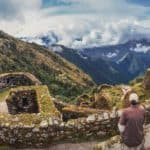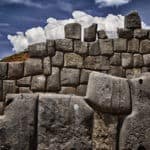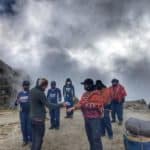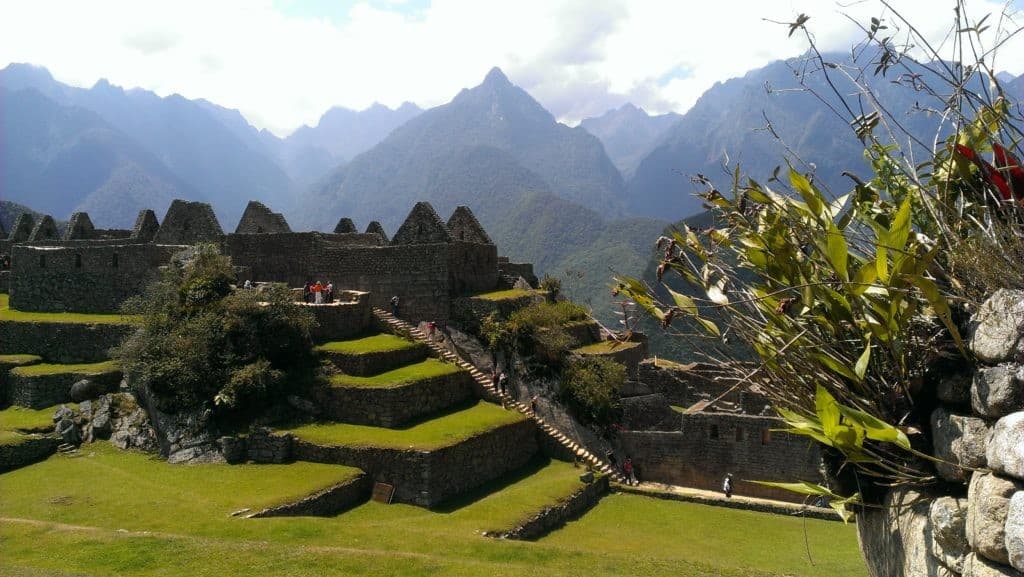
A few years back, my daughter, Angela and I, took a mother-daughter trip to Machu Picchu, the lost city of the Incas. The trip was an effort to spend time together in a serene and beautiful place, in order to recapture the feelings of peace and companionship that had previously characterized our relationship with each other.
My daughter had reached the age (15) where she looked upon most of my behavior, if not grounds for outright disownment, as utterly cringe-worthy to say the least. Where previously we had gotten along famously, now she could hardly stand to be in my presence, and she let me know it with sarcasm and eye-rolling, many, many times per day.
I know I was supposed to know this would happen, but it hurt anyway. I guess nothing really prepares you for the arrival of this phase. I mean my daughter and I had been best friends. Until she turned 13, we did everything together. We knew one another’s thoughts. We even looked alike. So when my daughter felt the need to rebel against a mother as open and wonderful as I knew myself to be, I felt bewildered and hurt. The trip to Machu Picchu was an attempt to spend time together in a tranquil setting and to allow ourselves to relax enough to remember the basic connection that must be still there, lurking underneath the turbulent waters of our current interaction.
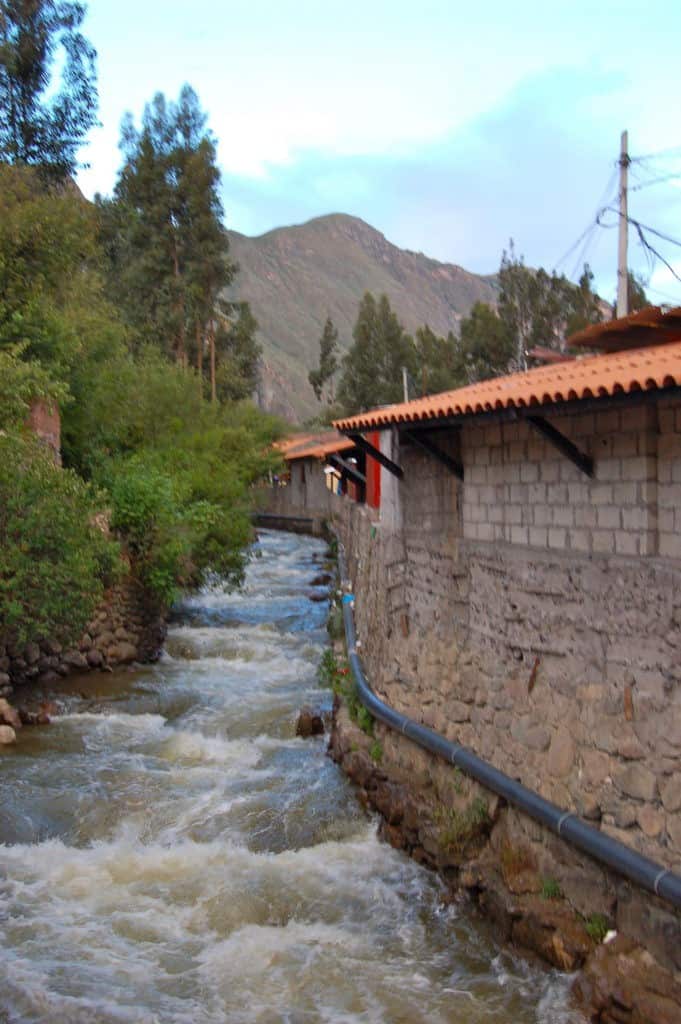
Did I forget to mention that we were living in Peru? We had moved to Cusco several years before, as a family, and Machu Picchu was a three-hour train ride from the ancient Inca city. So when I was at my wit’s end with Angela’s distance and sarcastic attitude, I suggested that the two of us take a trip to Machu Picchu together.
We boarded the train to Machu Picchu at Ollantaytambo, early ion a Friday. morning The spectacular views of the Andean countryside outside of our train window were intriguing. I tapped Angela on the shoulder to point out a young woman herding sheep on the hillside of a thatched-roof village. Once I convinced her to stop playing with her I-phone and take a look, I could see she was impressed. There were country folk at work tilling the fields, lambs bleating beside their mothers, and a mist that caressed the hills and inspired a curious sorrow inside me that felt like a longing for something I could not name.
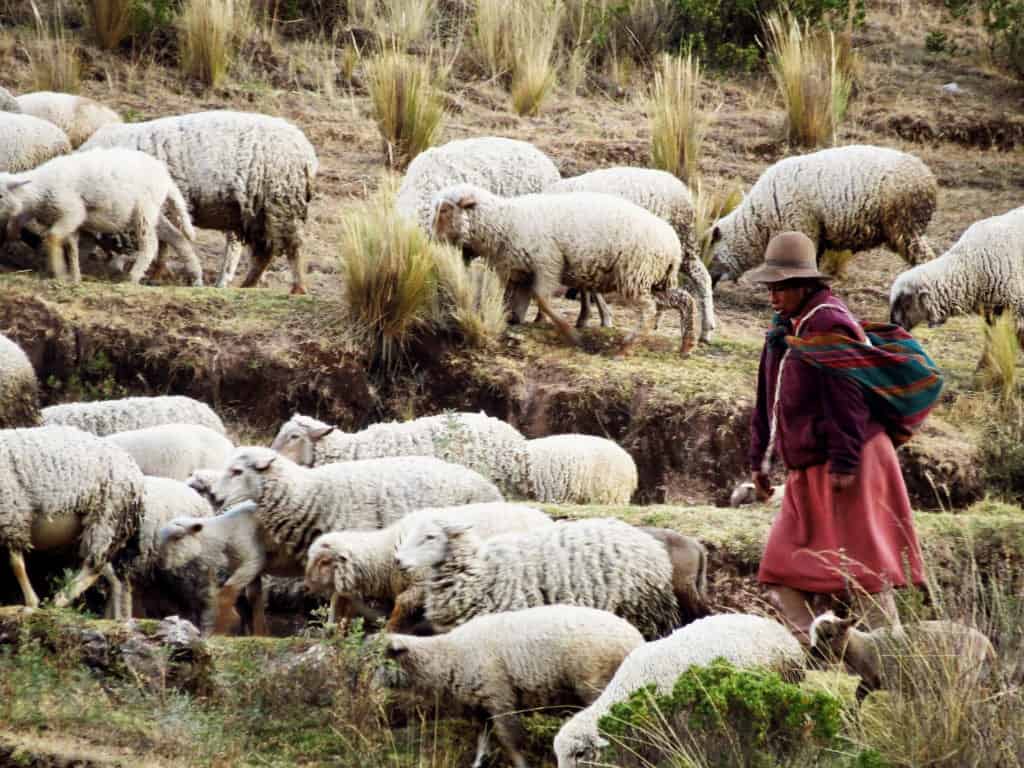
My daughter and I arrived in the village of Aguas Calientes at the foot of Machu Picchu.We checked into our hotel and went for a soak in the Aguas Calientes hot springs, Aguas Calientes means hot water, and these enjoyable thermal baths are only a five-minute walk from town.
After pizza at a local restaurant, of which there are many, we tucked in for the night. In the morning we took the bus up to the ruins, a fifteen-minute ride that ascends a narrow and steep road. Not for the faint of heart, as looking down below at the rapidly churning Urubamba River can make one quite giddy.
We entered the citadel, and a profound sense of mystery and awe overcame us, a feeling that’s hard to convey in words. There, laid out before us, was the ancient stone village, its structures seemingly a part of the surrounding woodland. We climbed around the original Inca steps and stooped to crawl into the stone houses. A people of long ago, a people we could barely imagine, had made their home here, in the midst of the cloud forest. They had lived, breathed, ate and slept here, worshipped their gods, danced and dreamed in ways that we knew nothing of, but which had profound meaning for them.
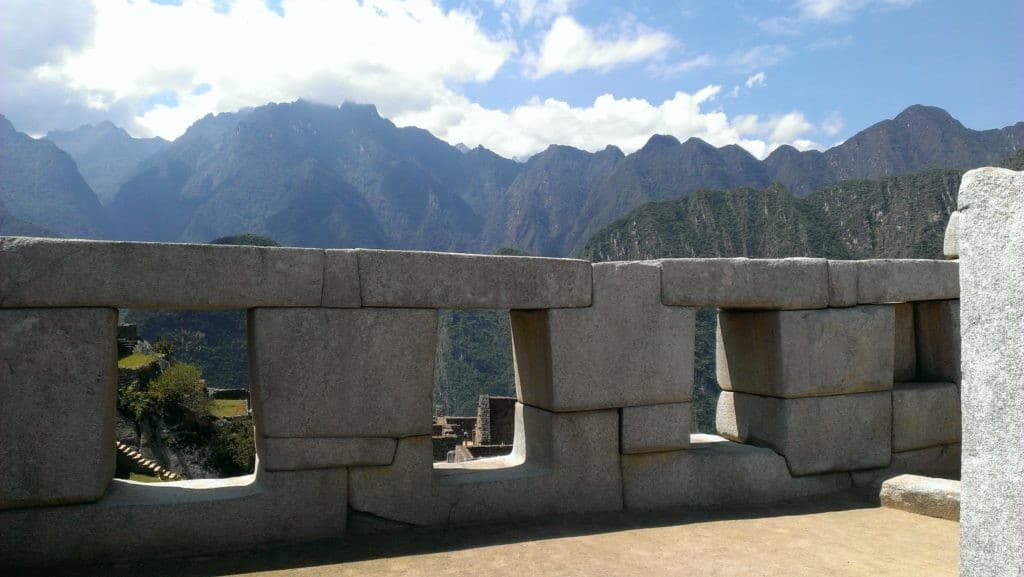
My daughter and I climbed up on a ledge and sat down on the escarpment. We looked across at the Huayna Picchu (Young Man) Mountain. Machu Picchu Mountain, across from it, is the Old Man. They towered over us, seeming to communicate with their solid presence and to be alive in ways we didn’t understand, yet could sense
Silence fell. And for a moment in time, a young woman and a not-yet-old woman allowed the magic of this amazing place to fill us, momentarily pausing our struggle and allowing each other to just be.
by Laurel Thompson


